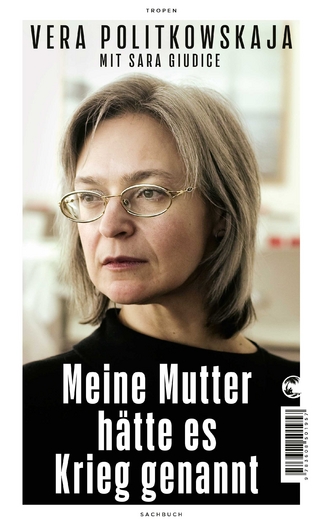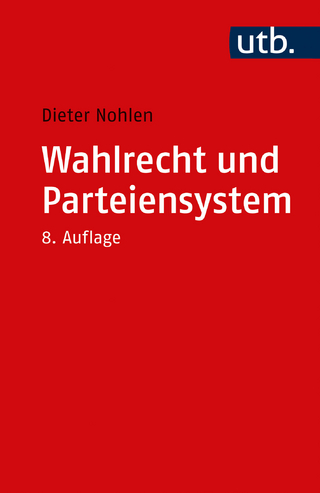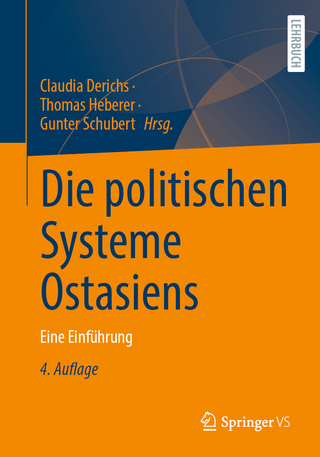
The Power of Race in Cuba
Oxford University Press Inc (Verlag)
978-0-19-063229-8 (ISBN)
In The Power of Race in Cuba, Danielle Pilar Clealand analyzes racial ideologies that negate the existence of racism and their effect on racial progress and activism through the lens of Cuba. Since 1959, Fidel Castro and the Cuban government have married socialism and the ideal of racial harmony to create a formidable ideology that is an integral part of Cubans' sense of identity and their perceptions of race and racism in their country. While the combination of socialism and a colorblind racial ideology is particular to Cuba, strategies that paint a picture of equality of opportunity and deflect the importance of race are not particular to the island's ideology and can be found throughout the world, and in the Americas, in particular.
By promoting an anti-discrimination ethos, diminishing class differences at the onset of the revolution, and declaring the end of racism, Castro was able to unite belief in the revolution to belief in the erasure of racism. The ideology is bolstered by rhetoric that discourages racial affirmation. The second part of the book examines public opinion on race in Cuba, particularly among black Cubans. It examines how black Cubans have indeed embraced the dominant nationalist ideology that eschews racial affirmation, but also continue to create spaces for black consciousness that challenge this ideology. The Power of Race in Cuba gives a nuanced portrait of black identity in Cuba and through survey data, interviews with formal organizers, hip hop artists, draws from the many black spaces, both formal and informal to highlight what black consciousness looks like in Cuba.
Danielle Pilar Clealand is assistant professor at Florida International University in the Department of Politics and International Relations. She received her PhD in Political Science at the University of North Carolina, Chapel Hill, an M.A. in Latin American Studies from New York University and a B.A. from Tufts University. Her work focuses on racism and racial consciousness in the Americas.
Table of Contents
Acknowledgments
Introduction
Chapter One: Todos Somos Cubanos: How Racial Democracy Works in Cuba
Chapter Two: De Aqui Pa'l Cielo: Black Consciousness and Racial Critique
Chapter Three: Marti's Cuba: Racial Ideology and Black Consciousness Before 1959
Chapter Four: Institutionalizing Ideology: Race and the Cuban Revolution
Chapter Five: "I'm not a Racist": Anti-Racialism and White Racial Attitudes
Chapter Six: The Power of a Frame: The Characterization of Racism as Prejudice
Chapter Seven: Todos Somos Cubanos, pero no Somos Iguales: How Racism Works in Cuba
Chapter Eight: Uncovering Blackness and the Underground: Black Consciousness
Chapter Nine: The Seeds of a Black Movement?: Racial Organizing and the Above Ground Movement
Conclusion
| Erscheinungsdatum | 29.07.2017 |
|---|---|
| Reihe/Serie | Transgressing Boundaries: Studies in Black Politics and Black Communities |
| Verlagsort | New York |
| Sprache | englisch |
| Maße | 164 x 238 mm |
| Gewicht | 586 g |
| Themenwelt | Sozialwissenschaften ► Politik / Verwaltung ► Politische Systeme |
| Sozialwissenschaften ► Politik / Verwaltung ► Politische Theorie | |
| Sozialwissenschaften ► Soziologie | |
| ISBN-10 | 0-19-063229-1 / 0190632291 |
| ISBN-13 | 978-0-19-063229-8 / 9780190632298 |
| Zustand | Neuware |
| Haben Sie eine Frage zum Produkt? |
aus dem Bereich


